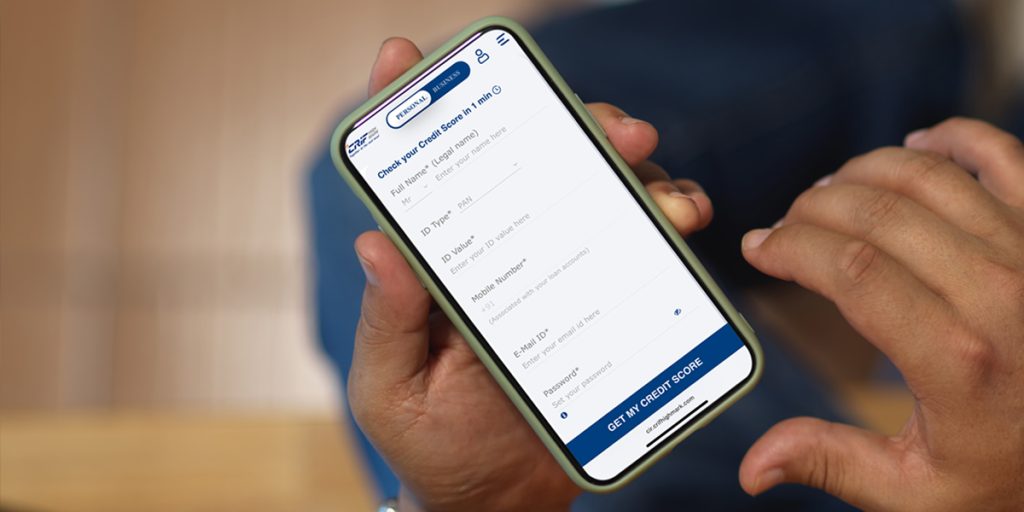Unmasking Credit Card Fraud: The Invisible Threat to Your Finances
Credit cards offer a remarkable level of convenience in modern life
Overview
Credit cards offer a remarkable level of convenience in modern life, but with that convenience comes a significant, ever-present risk: credit card fraud. For a financial newcomer, understanding this threat is essential for maintaining a secure and healthy financial profile. Credit card fraud is simply the unauthorised use of your credit card or card details by someone else to make purchases or steal money. Often, you will be completely unaware until you spot strange transactions on your statement or, worse, a sudden, unexplained drop in your credit score.
Understanding the Many Faces of Fraud
To protect yourself, you must know the different ways fraudsters operate.
- Card-Not-Present Fraud: This is extremely common in online shopping. The fraudster only needs your card number, expiration date, and the CVV security code to make purchases, entirely bypassing the need for the physical card.
- Phishing: This involves fraudulent emails or messages designed to trick you into willingly handing over your card details, often by impersonating a legitimate bank or institution.
- Skimming: This is the physical theft of data. Illegal devices called skimmers are discreetly attached to ATMs or card readers to steal the information from your card’s magnetic strip when you swipe.
- Account Takeover: In this highly damaging scenario, a fraudster gains control of your entire credit card account, changes your contact information, and begins making transactions as if they were you.
Why Credit Monitoring is Your Best Defense
While technology has made transactions easier, it has also complicated fraud detection. This is why regular credit monitoring is your most crucial defense.
Checking your credit score and reviewing your detailed credit report frequently acts as an early warning system. An unexpected new credit account you did not open, a missed payment you did not make, or a sudden, drastic drop in your credit score are all red flags pointing directly toward credit card fraud. Being proactive allows you to spot issues before they cause significant and lasting damage to your financial reputation.
Immediate Steps When Fraud Strikes
If you detect any suspicious activity, swift action is key to minimizing your liability and damage:
- Report Immediately: Contact your credit card provider right away and inform them of the suspicious transaction.
- Block the Card: Ask your bank to immediately freeze or block the card to prevent further misuse. Many banks allow you to do this instantly through their mobile app.
- Dispute the Charge: Initiate a formal credit card dispute. Your issuer will investigate and usually reverse the unauthorised charge.
- Monitor Closely: For the following few months, check your credit report more frequently for any new fraudulent accounts or inquiries.
Protecting your credit is easier than recovering it. Never share your card details, especially your CVV or OTP, use secure Wi-Fi networks for banking, and ensure transaction alerts are set up for every purchase.
 Conclusion
Conclusion
In the digital world, vigilance is the currency of security. Make checking your credit report a routine habit, and you will stay one step ahead of anyone who tries to steal your financial identity.



